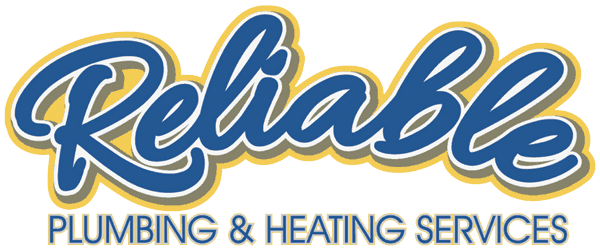With the demand for new homes falling, the scrutiny from the buyers will begin to rise. One of the first things these buyers will look for is poor quality DIY (Do-It-Yourself) home improvement. When the DIY home improvement trend surged, many homeowners dove headfirst into renovations to update their homes and add personal touches. But what happens when those improvements are less than professional? Selling a home with poor DIY work can present unique challenges and complications. Let’s dive into the potential issues and discuss strategies for navigating through this real estate maze.
DIY: A Double-Edged Sword
In the best-case scenarios, DIY projects can save homeowners money while providing a sense of accomplishment. However, DIY can turn into a double-edged sword when the workmanship doesn’t meet professional standards. From shoddy electrical work to poorly installed plumbing or cosmetic blemishes, these issues can adversely affect a home’s marketability and value.
Implications of Poor DIY Work
When selling a house with poor DIY work, here are the potential complications:
- Lower Home Value: A home’s value is determined by a variety of factors, including its condition. Poor DIY projects can detract from a home’s appeal and lower its perceived value, impacting the selling price.
- Prolonged Selling Process: Houses with noticeable DIY issues may stay on the market longer. Potential buyers might be put off by the visible work that needs to be done or worried about hidden issues.
- Increased Inspection Issues: A home inspector can uncover poor DIY work during the pre-sale inspection. Unresolved issues can be a red flag to potential buyers and might cause them to back out of the sale or request repairs or concessions.
- Potential Legal Issues: If a seller fails to disclose known defects resulting from DIY work, they may face legal consequences down the line. It’s crucial to be upfront about these issues to maintain the integrity of the sale and avoid future liability.
Solutions to DIY Complications
Facing these complications can seem daunting, but there are strategies homeowners can adopt to mitigate these issues:
- Professional Assessment: Consider hiring a licensed contractor to evaluate your DIY projects. They can identify areas of concern and provide solutions. If needed, it may be worth investing in professional repairs to improve your home’s value.
- Pre-listing Home Inspection: A pre-listing inspection can expose any potential problems before putting the house on the market. This gives you a chance to fix any problems in advance or adjust the selling price accordingly.
- Transparency: Be upfront with potential buyers about any DIY projects in your home. Honesty helps build trust with buyers, who will appreciate knowing the full story of the house.
- Pricing Strategy: If repairs are not feasible, pricing your home accurately to reflect its condition can attract buyers willing to undertake the repairs. It’s important to work with an experienced real estate agent to price your home correctly.
Selling a home with poor DIY work isn’t necessarily a dead-end situation. With the right approach, you can navigate these challenges and find a buyer who sees your home’s potential, just as you once did. Always remember that when it comes to DIY, it’s not about doing everything by yourself but about knowing when to bring in the professionals.

